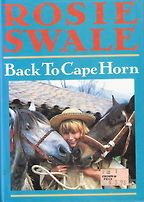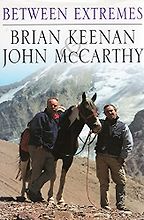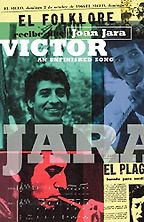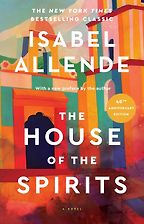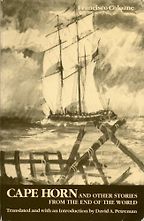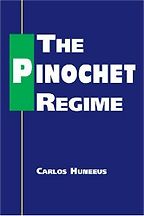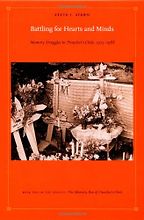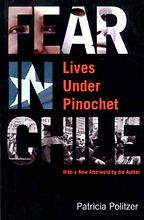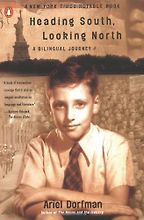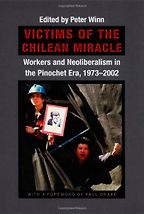Chile Books
Last updated: January 07, 2026
We have recommended books on Chile covering Chilean literature, history and politics. Chile is a country known for its natural beauty and rich and diverse culture. The country has a strong literary tradition, with notable poets and novelists such as Isabel Allende and Nobel Prize winners Gabriela Mistral and Pablo Neruda.
The best books on Chile, recommended by Natascha Scott-Stokes
Chile is a country of extremes says travel writer and translator Natascha Scott-Stokes, who has lived there for nearly two decades. She chooses five books that give a good sense of the country, from a novel by one of Chile’s great writers, to the biography of the folk singer who was brutally murdered after the 1973 military coup.
-

1
The Pinochet Regime
by Carlos Huneeus -

2
Battling for Hearts and Minds: Memory Struggles in Pinochet’s Chile, 1973–1988
by Steve J Stern -

3
Fear in Chile: Lives Under Pinochet
by Patricia Politzer -

4
Heading South, Looking North: A Bilingual Journey
by Ariel Dorfman -

5
Victims of the Chilean Miracle: Workers And Neoliberalism In The Pinochet Era, 1973–2002
by Peter Winn
The best books on Pinochet and Chilean Politics, recommended by Alan Angell
The best books on Pinochet and Chilean Politics, recommended by Alan Angell
Marshalling one of the first ever televised coups, Chilean dictator Augusto Pinochet’s legacy is fraught. While some apologists try to justify the dictatorship on economic grounds, his time in office saw innumerable human rights abuses. Alan Angell, Emeritus Fellow in Latin American Politics at the University of Oxford, considers the regime of “a very cruel man.”
